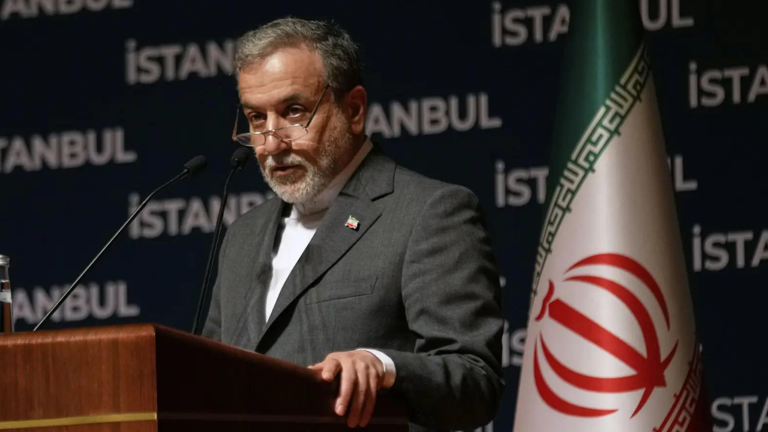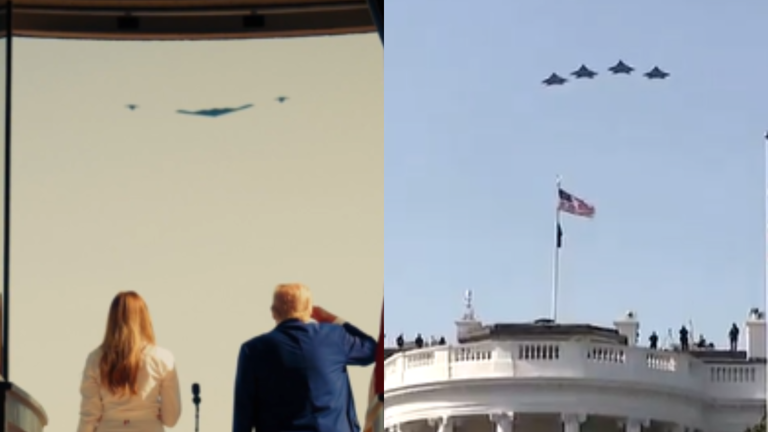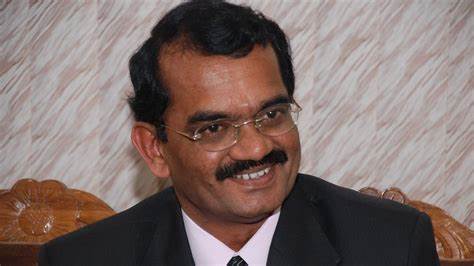Operation Midnight Hammer Hits Fordow, Natanz, Isfahan; Iran Threatens IAEA Expulsion
In a daring and controversial overnight operation on June 24–25, 2025, the U.S. and Israel jointly launched airstrikes on key Iranian nuclear sites. Codenamed Operation Midnight Hammer, the mission used stealth aircraft and high-precision bunker-buster bombs to strike Iran’s most fortified facilities — including Fordow, Natanz, and Isfahan. The move, aimed at disrupting Iran’s rapidly advancing uranium enrichment program, has escalated global tensions and raised serious concerns about the future of nuclear diplomacy in the region.
What followed was a confirmation from Tehran that the damage was not only real but “serious.” In retaliation, Iran is now threatening to cut off access to International Atomic Energy Agency (IAEA) inspectors — a move that could blind the global community to Iran’s nuclear activities just when transparency is most needed.
Iran’s Nuclear Core Damaged, But Transparency May Be the Next Casualty
Iran’s Atomic Energy Organisation was forced to admit the severity of the assault. Three major nuclear installations — Fordow Fuel Enrichment Plant, Natanz Pilot Facility, and Isfahan uranium-conversion center — suffered structural damage, according to satellite imagery and insider reports. In particular, ventilation shafts and underground centrifuge tunnels were reportedly destroyed, indicating the use of GBU-57 Massive Ordnance Penetrator (MOP) bombs by U.S. B-2 stealth bombers and Israeli F-35I fighter jets.
This precision strike marks a significant shift in the ongoing conflict, as it represents a direct and coordinated kinetic action by Washington and Tel Aviv. The immediate Iranian reaction was swift — not militarily, but diplomatically. Tehran notified the IAEA of the strikes and warned that its enhanced access to facilities under the 2015 JCPOA (Joint Comprehensive Plan of Action) may be revoked.
IAEA Director-General Rafael Grossi responded with “grave concern,” urging Iran to continue allowing monitoring and inspections. However, Iranian lawmakers have already tabled a bill to expel IAEA inspectors within 72 hours if the United Nations does not condemn the attack.
Meanwhile, countries like Russia and China have condemned the strikes as violations of international norms, while European diplomats fear this could be the “point of no return” for non-proliferation efforts in the region.
The larger implication? Without IAEA oversight, Iran’s nuclear development could proceed unchecked — a nightmare scenario for global security. And with tensions now running high, the Middle East once again teeters on the edge of military escalation.





















